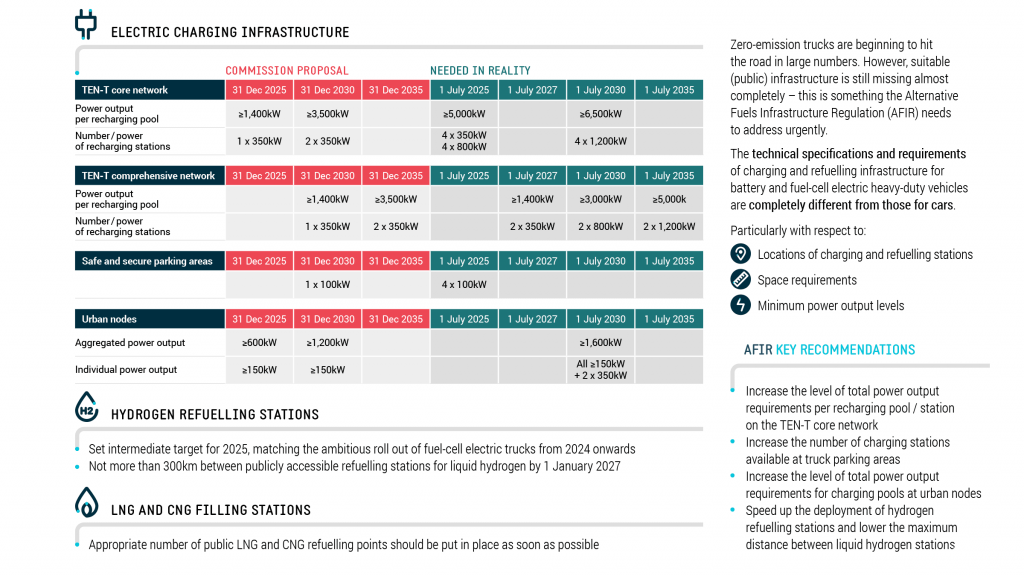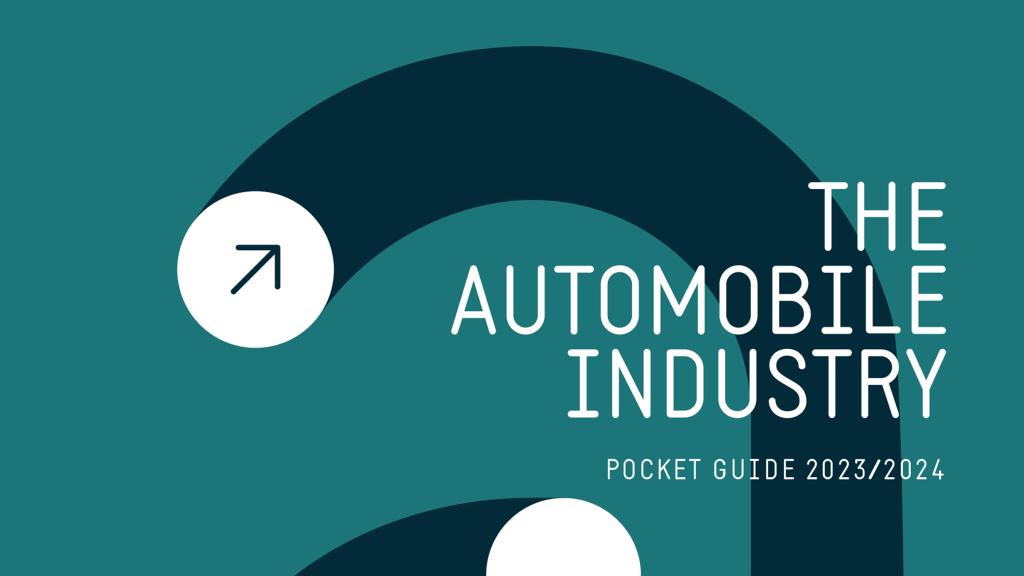Euro VII: A threat to European competitiveness and jobs
In this video, Martin Lundstedt, CEO of Volvo Group and Chair of ACEA’s Commercial Vehicles Board, flags the risk that Euro VII will slow down the decarbonisation of road transport.
Bringing only an additional 2% reduction of NOx and particulate emissions, the impact of the proposed Euro VII regulation on air pollution is marginal. However, it risks slowing down the transition of the commercial vehicle industry to zero-emission vehicles, such as battery-electric and fuel-cell electric trucks and buses.
“The North Star of the trucking industry should be the CO2 roadmap, which will also accelerate the reduction of NOx emissions and particulate matters,” Martin Lundstedt stated.
With Euro VII, the industry will have to redirect tens of thousands of engineers back to the combustion engine, instead of continuing to invest its resources in broadening the scope of battery-electric and hydrogen-powered trucks. Ultimately, this norm will have the adverse effect of slowing down the industry efforts to reduce NOx and particulate matters emissions, as well as CO2 emissions.
“It is a mistake; it will threaten European competitiveness and in the long run European jobs. We should go for the three instead: strengthening competitiveness, jobs and the right type of sustainability legislation,” Lundstedt said.
The North Star of the trucking industry should be the CO2 roadmap, which will also accelerate the reduction of NOx emissions and particulate matters.


